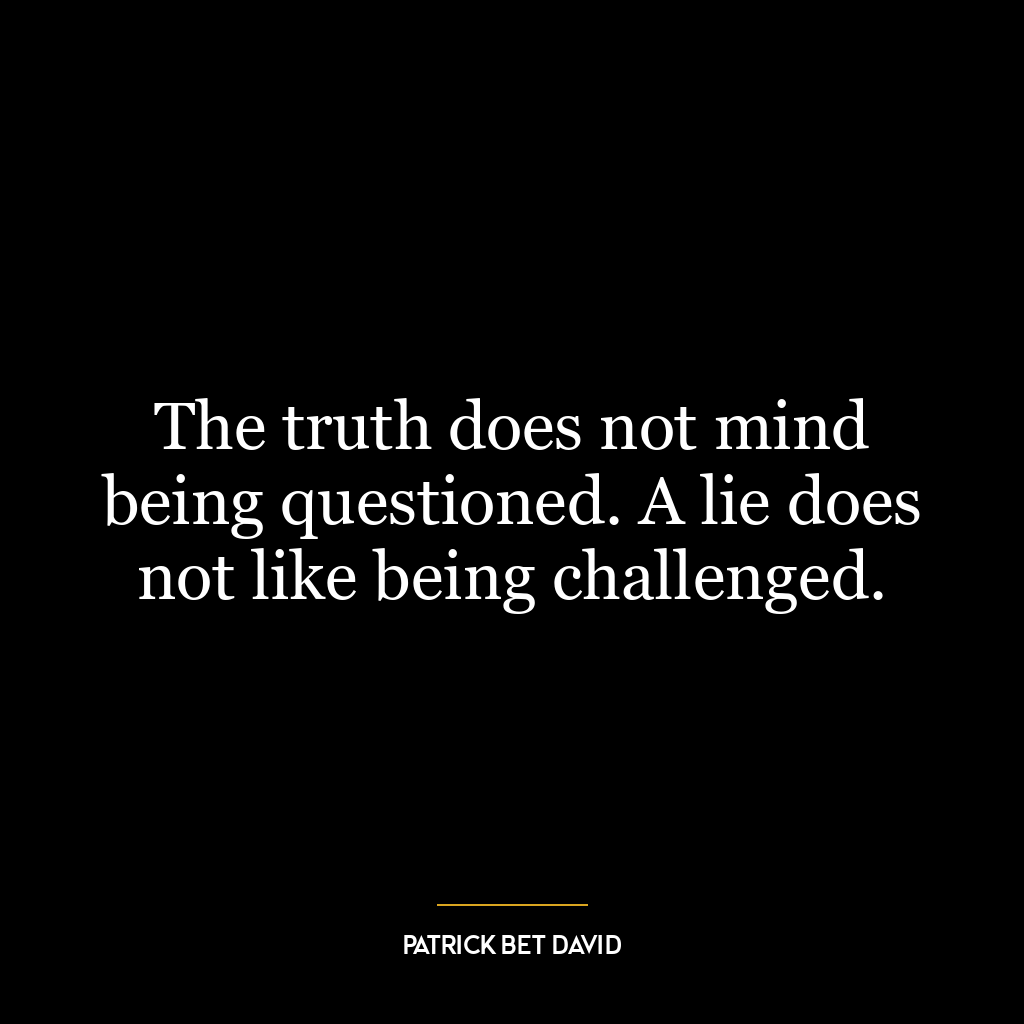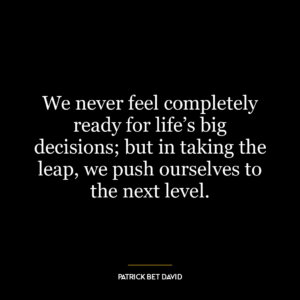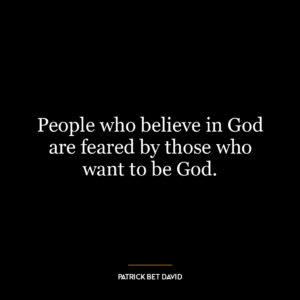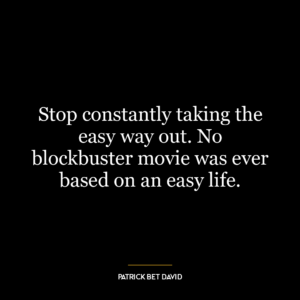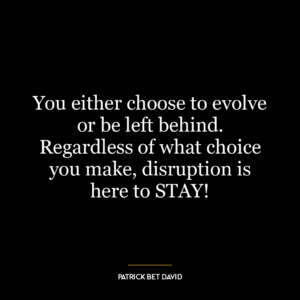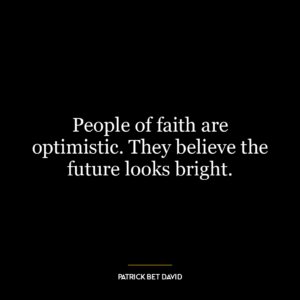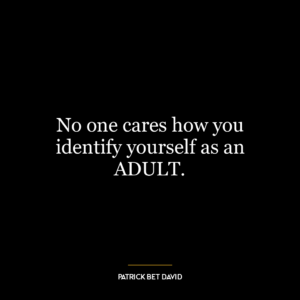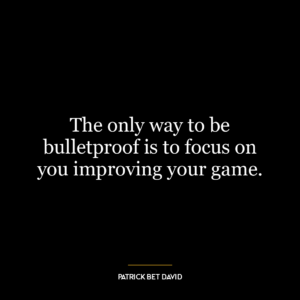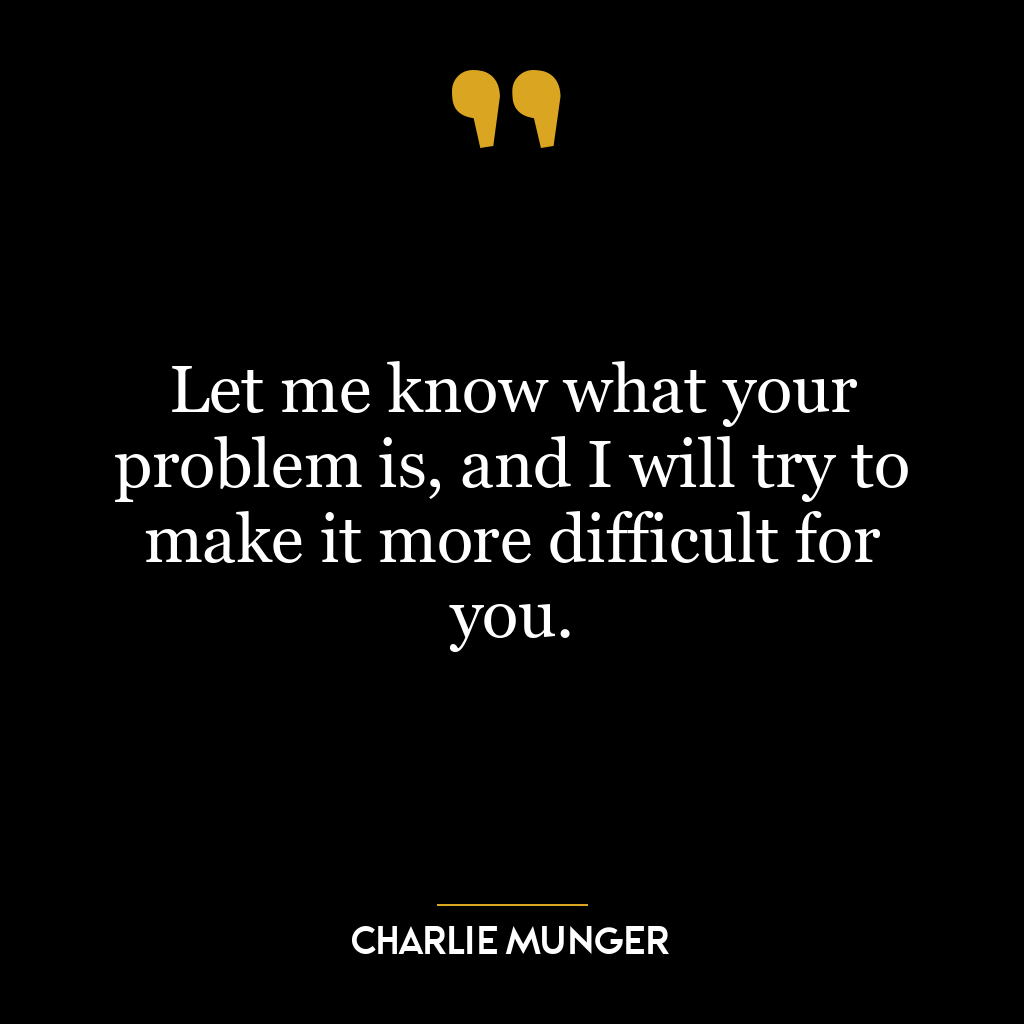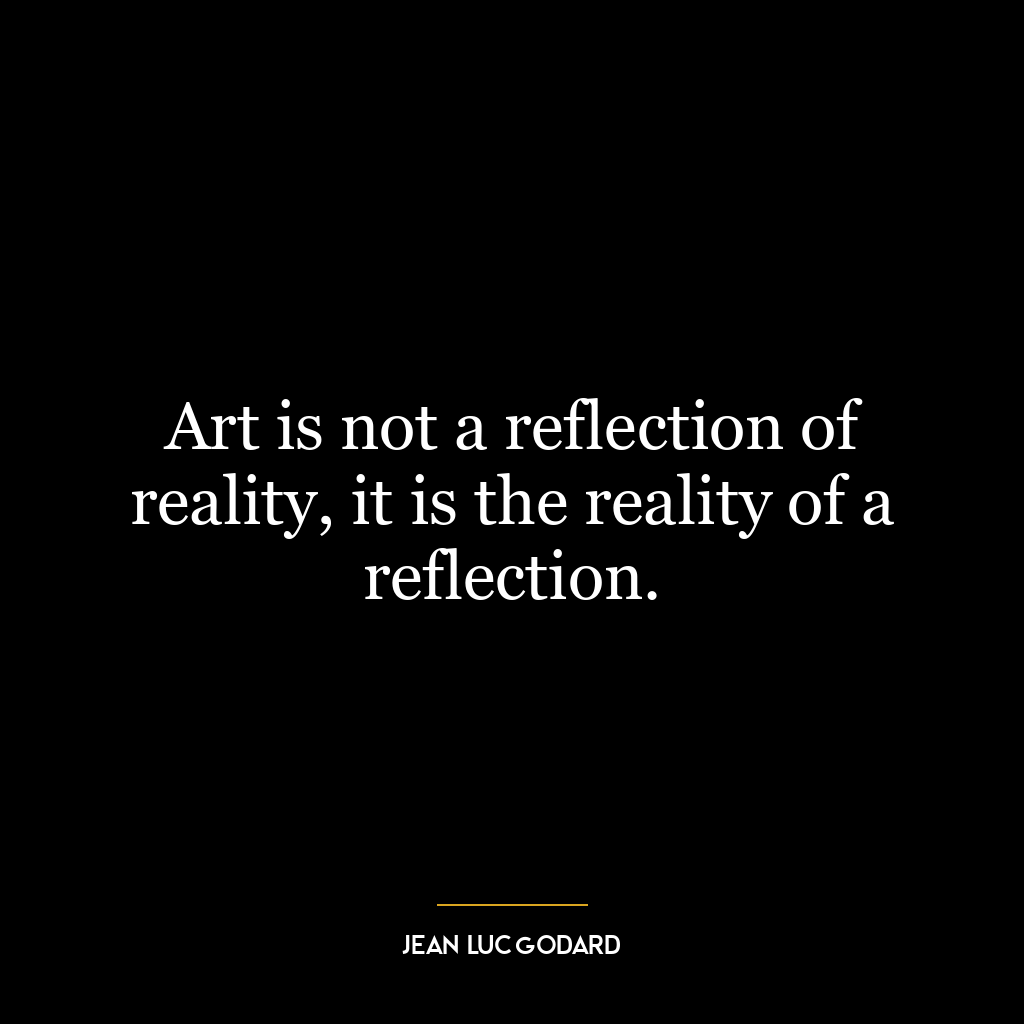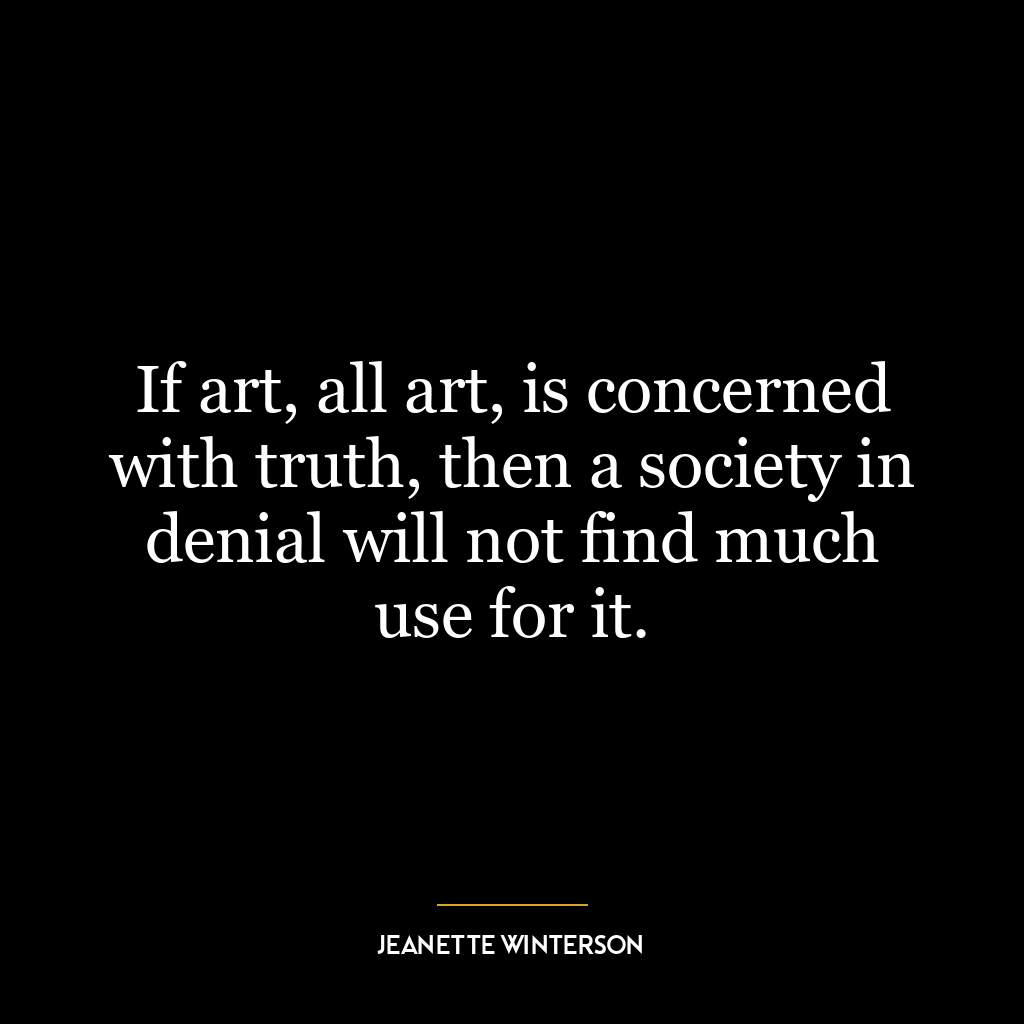The truth does not mind being questioned. A lie does not like being challenged.
This quote encapsulates the idea that truth is inherently resilient and unwavering. It can withstand scrutiny, doubt, and probing because it is based on facts and reality. In contrast, a lie is fragile and vulnerable to questioning. Lies are built on falsehoods, and when they are challenged or investigated, they tend to crumble because they lack the solid foundation that truth has.
This concept is particularly relevant in today’s world, where misinformation and ‘fake news’ are prevalent. The internet and social media platforms have made it easier for false information to spread rapidly. However, when these lies are confronted with rigorous fact-checking, they often fall apart. This highlights the importance of questioning and challenging the information we come across, rather than accepting it at face value.
In terms of personal development, the quote suggests the importance of honesty and integrity. By being truthful, we build a strong foundation for our character that can withstand scrutiny and challenge. On the contrary, if we resort to lies, we create a shaky foundation that can easily collapse under pressure. This can lead to loss of trust, damaged relationships, and a tarnished reputation.
Furthermore, the quote also implies that we should not fear questioning or challenging our own beliefs and assumptions. If they are true, they will stand up to scrutiny. If they are not, then we have an opportunity to discard falsehoods and grow from the experience. This ongoing process of self-examination and truth-seeking is a key aspect of personal development.

